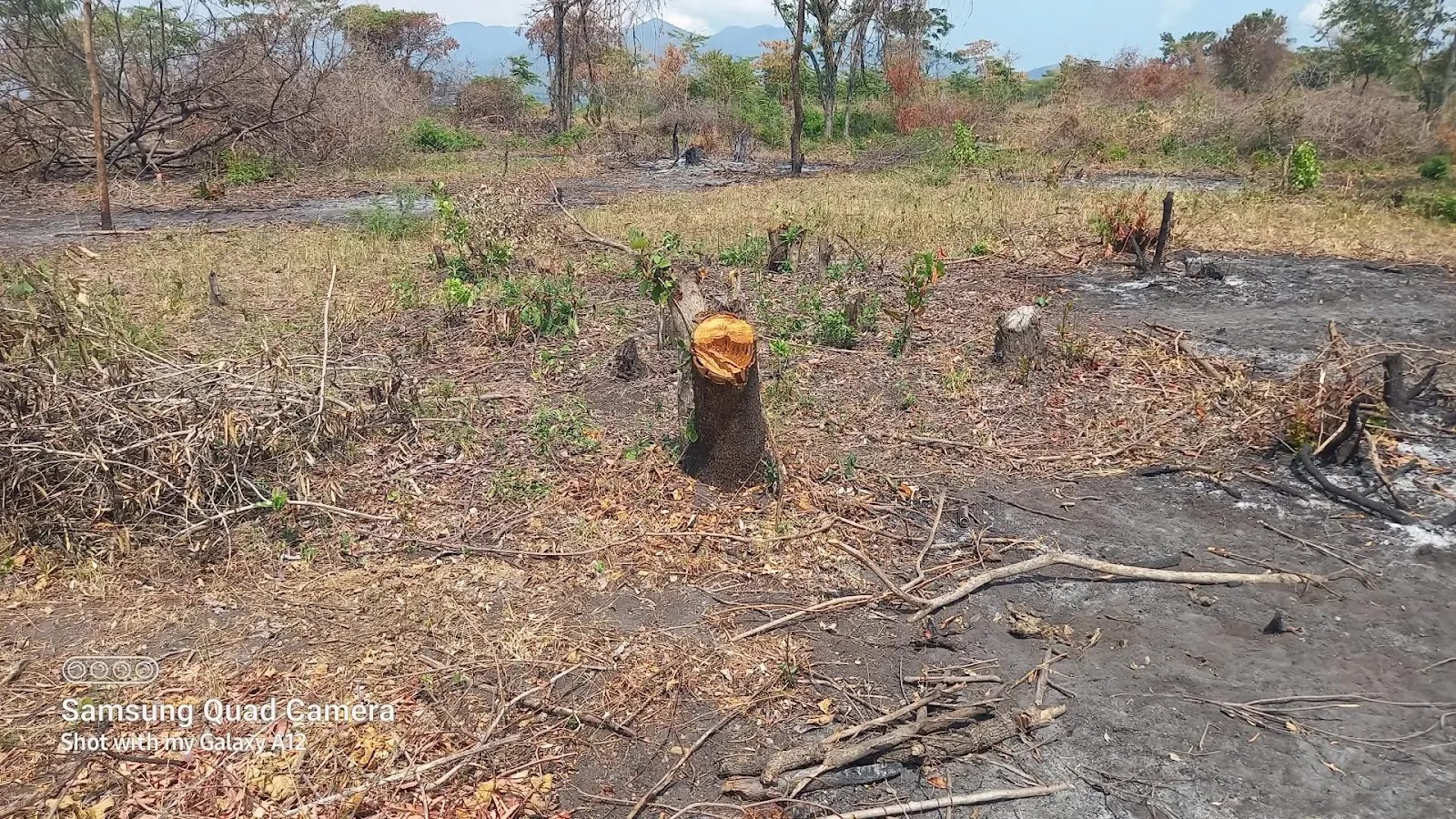CHARCOAL BURNING TAKES A ROLL ON MITUNDU VILLAGE
TIME FOR RENEWABLE ENERGY SOURCES
some bags of charcoal at Mitundu market
Despite efforts to stop burning of charcoal, people in
Mitundu village in Lilongwe are continuing cutting tree for charcoal production
which causes worrying impact on the environment. This unsustainable practice is
concerning for the community natural resources and has negative impact on surround
areas. The continuation of burning charcoal not only depletes the local forest
and contribute to deforestation, but also releases harmful gases into the
atmosphere.
The advantage of using charcoal. "Charcoal burns hot and cooks’ food
quickly," explains Tione, a charcoal producer in Mitundu. "A bag can
fetch me 16 000 kwacha and it's the only way I can put food on the table for my
family." With limited job
opportunities and a minimum wage that barely covers basic needs, charcoal
production offers a lifeline.
However, the environmental cost is dire. "We used to have thick forests teeming with life," laments Esther, a village elder. "Now, look around you. All that's left are patches of scorched earth." She explained. The once-lush landscape has been stripped bare, replaced by barren slopes susceptible to erosion. This deforestation disrupts the delicate ecological balance, increasing the risk of flash floods, and diminishing biodiversity.
The impact extends beyond Mitundu's borders. Forests act as carbon sinks, absorbing greenhouse gases and mitigating climate change. The large-scale deforestation contributes to Malawi's overall carbon footprint, exacerbating the global climate crisis.
some part of mitundu area deforested for charcoal production
Efforts to curb charcoal production have yielded mixed results. Local and international NGOs have introduced reforestation initiatives, promoting fast-growing, fuel-efficient tree species as an alternative charcoal source. "These new trees grow back much faster than the hardwoods we used to cut," says Geoffrey, a participant in a reforestation program. "It's a hope for the future, but it takes time."
Additionally, there's a growing push for fuel-saving cookstoves. "These stoves use less charcoal, which means fewer trees need to be cut," explains Veronica, a community leader advocating for the adoption of these stoves. However, the upfront cost of these cookstoves remains a barrier for many households.
The crux of the issue lies in addressing the economic
dependence on charcoal production.
"We need alternative sources of income for the people,"
emphasizes Charles, a representative from a local NGO. "Supporting small businesses, promoting
eco-tourism ventures – these are ways to break the cycle and give people a
choice.fuel-saving stove
The government also has a role to play. Regulating charcoal production and
distribution, establishing designated harvesting areas, and enforcing
sustainable logging practices are crucial steps towards curbing deforestation.
The fight to save Mitundu environment is far from
over. A multi-pronged approach that
balances economic needs with environmental protection is essential. Success requires sustained efforts from the
community, NGOs, and the government.
"We all have a stake in this," says Tione,
the charcoal producer. "If we lose our forests, we lose everything. We
need to find a way to survive without destroying our future." Tione explained. Mitundu's story is a stark reminder of the
delicate balance between human needs and environmental well-being. It is a story that demands action, not just
for Mitundu, but for communities worldwide with similar challenges. Here, in
the heart of Malawi, lies not only a cautionary tale but also a potential
wellspring of hope. By investing in renewable energy sources like solar power
and biogas, fostering a sustainable economy through eco-tourism and small
businesses, and prioritizing education and awareness campaigns, Mitundu can
become a beacon of positive change. The collective will and collaborative
efforts of the community, NGOs, and the government hold the key to unlocking a
future where environmental protection and economic prosperity go hand-in- hand.
Mitundu's journey serves as a powerful testament to the potential for positive
change and a reminder that even in the face of daunting challenges, a brighter
future is achievable through collective action and a commitment to sustainability.












Very beautiful
ReplyDeleteHelp this people, they have nothing else to do apart from producing charcaol.
ReplyDeleteGood story
ReplyDeleteVery impressive
ReplyDeleteNice story
ReplyDelete